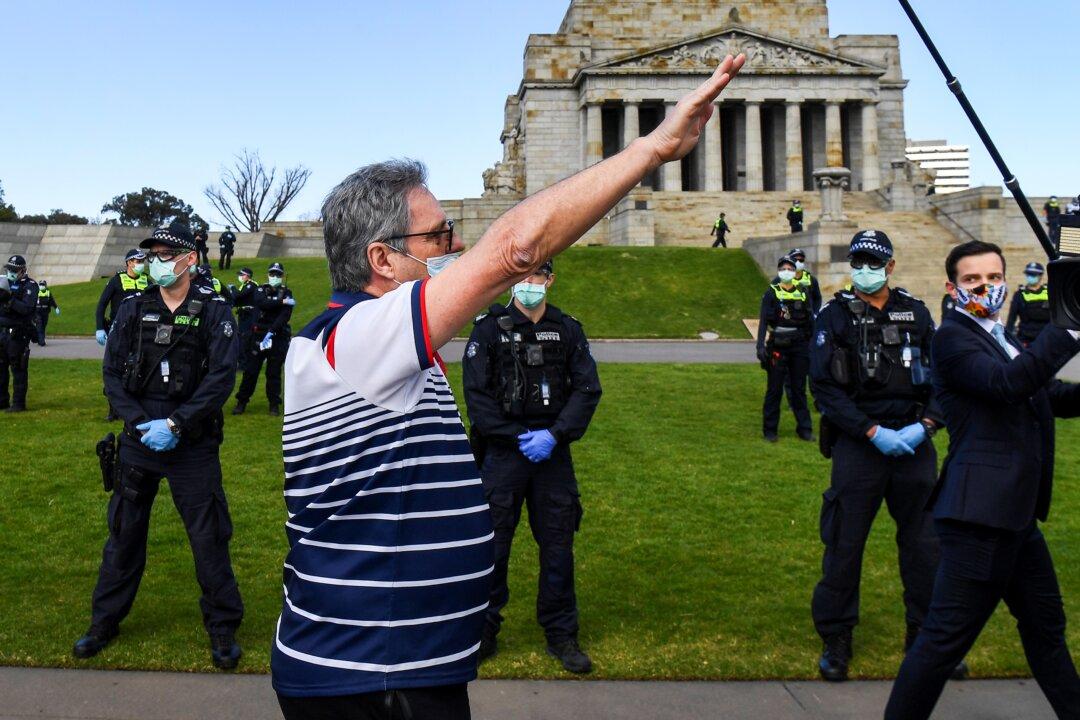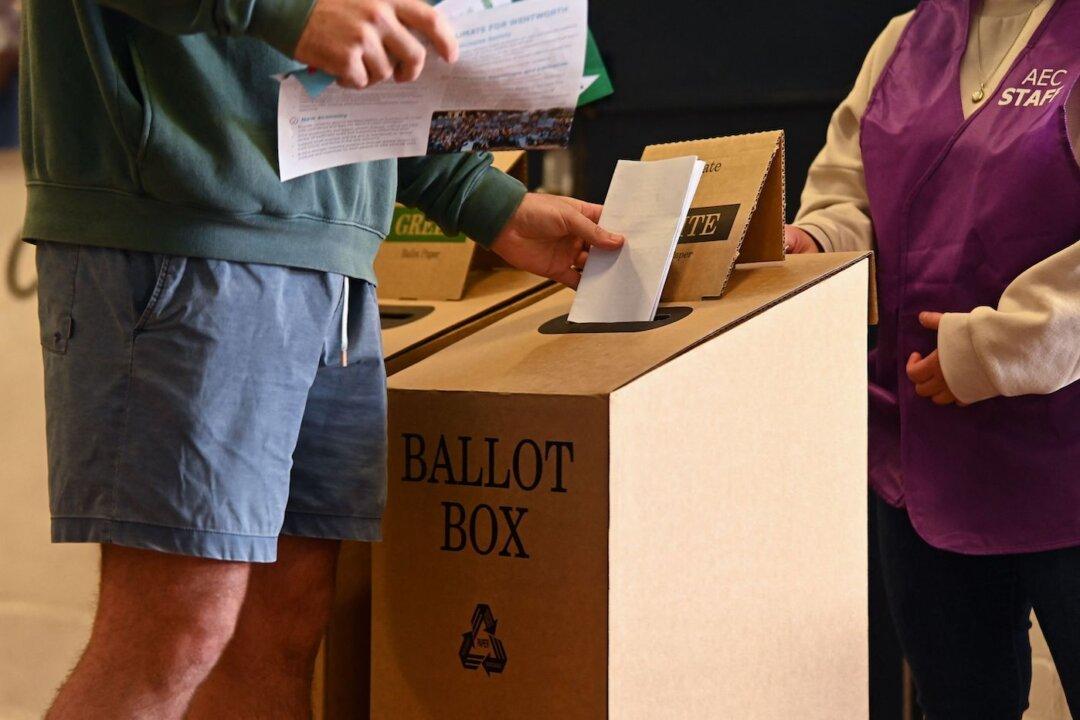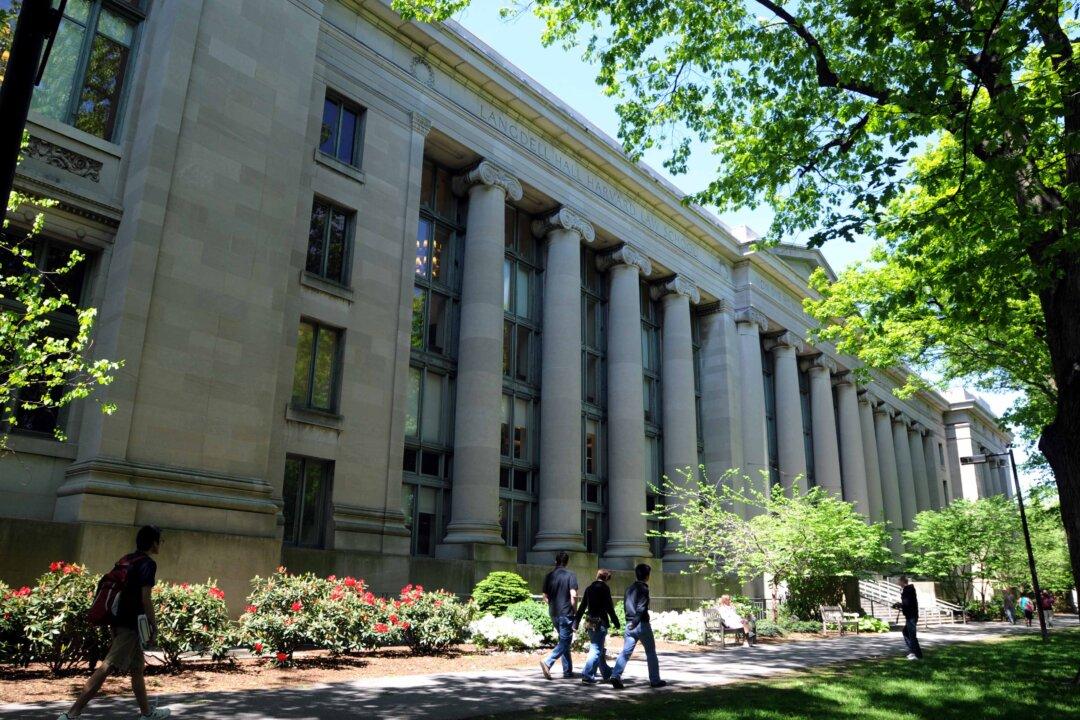Commentary
Buffeted by the stormy blasts of COVID-19, Prime Minister Scott Morrison’s government rolled and rocked at times like the Manly ferry in a tempest. And now as he prepares to go to the polls in the first half of 2022, Morrison will be hoping that voters will reward him for his efforts by sending him back to the Lodge for another term.





